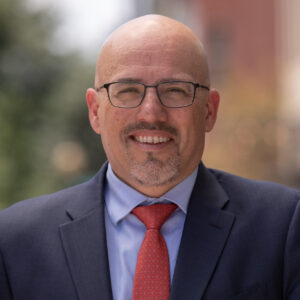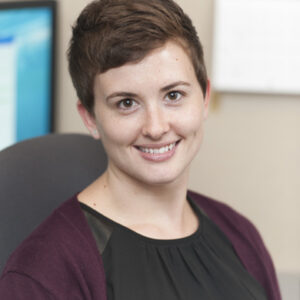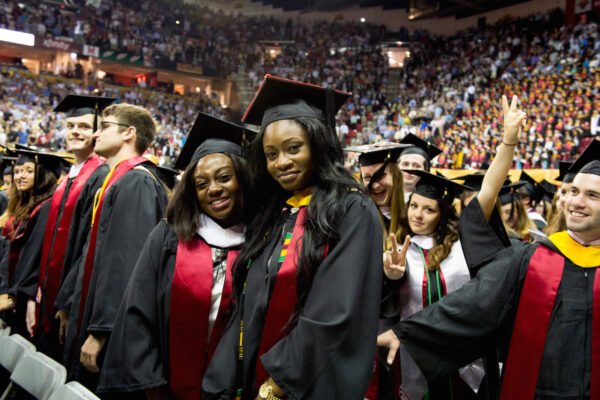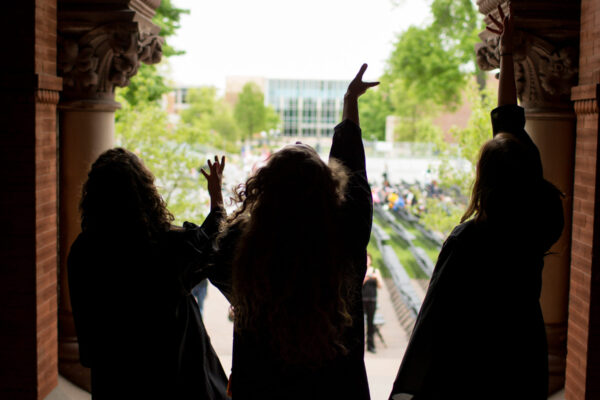Louis Soares and Morgan Taylor present a case for expanding Promise Programs—which help students complete their degree—to the adult student population.
A college degree plays an increasingly important role in the workforce. In fact, individuals with a high school diploma or less held the majority of jobs lost during the Great Recession, and the vast majority of jobs (99 percent) gained during recovery have gone to people with a college education. What’s more, by 2020, more than six out of ten jobs will require knowledge and skills beyond what a high school diploma alone can provide. At a time when the participating in the workforce increasingly requires a credential beyond a high school diploma or equivalent, 98 million Americans age 25 and older—nearly half (46 percent)—do not have a college degree.
Of all American adults with some college but no degree, more than half have spent two or more years in college, making them a ready-made population for institutions to support in returning to complete their degree. Enrolling adult students, however, requires us to reexamine the learning and social needs of adult undergraduates and how best to serve them.
Who Are Post-traditional Learners?
A report recently released by ACE’s Center for Policy Research and Strategy tells the story of Bernadine, a 45-year-old mother of three. Bernadine is a post-traditional learner, like millions of other Americans within the labor force who are seeking to enhance their skills and knowledge to remain competitive in the workforce. Through her story, the report shines a light on the post-traditional learner, a student demographic historically left out of the broader higher education policy conversation, but who represents 60 percent of all undergraduate students.
Post-traditional learners are adult learners—students over the age of 25 who work while enrolled and are financially independent, and those with a connection to the military. The majority of adult learners (53 percent) attend a public two-year institution, allowing for increased flexibility as they balance a college education with their family and professional lives. Most adult learners (70 percent) work while attending college, and slightly less than half (45 percent) work full time. Many are returning learners who already hold a previous degree (41 percent).
Adult learners face unique challenges compared to their more traditional-age peers. Their financial independence can often mean juggling the cost of college with the many other costs associated with having families and maintaining a household. Their need to work also means they have to balance hours on the job with hours in class, study time, and transportation. As a result, many adult learners face financial and time barriers that limit their ability to enroll in and complete their postsecondary education. The good news is that a growing number of communities and states are working to reduce these barriers.
Access to Higher Education for Adult Learners
The College Promise Campaign, a national nonpartisan initiative, seeks to build public support for funding the first two years of postsecondary education, beginning with community colleges. The campaign promotes College Promise programs as local and state-supported gateways that empower students to invest in themselves and enter or advance in the workforce—and supports them along the way.
College Promise programs uniquely fit the needs of the community in which they are located. While there are differences across programs such as funding streams and what costs they cover, they share similar components. First, all College Promise programs aim to reduce the financial cost of attending higher education. Most programs develop set criteria to determine eligibility of award, including age of applicant, meeting a minimum GPA threshold, and demonstrated financial need. Many also require students to meet certain criteria to enter and remain in the program, such as completing the FAFSA; participating in community service; meeting with a counselor, advisor or mentor; and maintaining a minimum GPA.
Since the 2015 launch of the College Promise Campaign, the number of such programs has quadrupled to over 200 across 43 states, with the vast majority at two-year institutions. More recently, some communities have expanded their College Promise programs to include adult learners as a way to fill the knowledge and skills gaps in their workforce. A few examples:
- VanGuarantee Scholarship Program in North Carolina seeks to eliminate the financial barriers that keep students from enrolling in Vance-Granville Community College. The scholarship covers unmet student financial need for every student living in Vance, Granville, Franklin, and Warren counties. VanGuarantee focuses on first-time students, giving adult learners without a degree expanded opportunities to access postsecondary education.
- Free City, a partnership between City College and the city and county of San Francisco, offers residents free tuition to City College. The program expands educational opportunities for all first-time and returning learners in San Francisco, regardless of age. Part-time as well as full-time students are eligible to participate in certificate and degree programs. Free City is unique in that it also provides free tuition for homeless populations and foster youth, populations that often face barriers in accessing postsecondary education.
- The Dabney Promise program in Virginia provides tuition assistance to students attending Dabney S. Lancaster Community College. Open to all high school students, returning students, and adult learners, the Dabney Promise encourages economic development by building the knowledge and skillsets of the local workforce. It is available to students enrolled in certificate as well as associate degree programs.
- State estimates show that more than 900,000 adults in Tennessee have some college credit, but no degree. An expansion of the Tennessee Promise, Tennessee Reconnect is a last-dollar scholarship program to cover tuition expenses for adult students attending community colleges. The program provides both first-time and returning adult learners the opportunity to fulfill their dream of earning a college degree, while also providing an economic payoff to local communities and helping the state of Tennessee reach its completion goal.
Still, like many other policies designed to increase educational attainment, the majority of College Promise programs are geared toward traditional student populations. According to a recent report by the Education Commission of the States, while recent federal proposals have included adult learners, many state policies have excluded them.
In many cases, proposed or enacted policies restrict eligibility by age. Some policies have targeted specific cohorts by using high school graduation year to determine eligibility. Other common requirements such as standardized test scores and/or a high school GPA threshold make it even more difficult for adult learners to take advantage of College Promise programs. In order to realize the full potential of College Promise programs, these policies should be modified or designed to include adult learners. To increase college opportunities for adult learners, the Lumina Foundation recently awarded grants through its Adult Promise Initiative to five states—Indiana, Maine, Minnesota, Oklahoma, and Washington—that are making “clear financial commitments” to supporting adult students.
Remaining globally competitive as a nation will require higher education to innovate and serve adult learners in ways that allow for the balance of roles they play in their personal, professional, and academic lives. These College Promise programs serve as examples of how communities and states can reduce the financial and time barriers many adult learners face in accessing and completing a quality higher education program that prepares them for success in the 21st century.
Promise programs also create an opportunity for leaders to increase institutional sustainability, as adult learners serve, in many cases, as a ready-made student population. The College Promise Campaign has compiled a suite of resources leaders can turn to in creating these programs on their campuses, including developing programs using sustainable funding models and an adult-inclusive policy framework. Similarly, America’s College Promise Playbook, published by the Department of Education, includes actionable strategies and steps that serve as a guide for launching College Promise programs.
Understanding the full effects of these programs, in particular for adult students, requires further study, particularly on student outcomes and attainment. And as communities and states continue to create programs to support adult learners, understanding their sustainability and scalability will be critical for the millions of learners looking to access higher education to complete their certificates and degrees and advance in the workforce, in their communities, and in the rest of their lives.
If you have any questions or comments about this blog post, please contact us.




